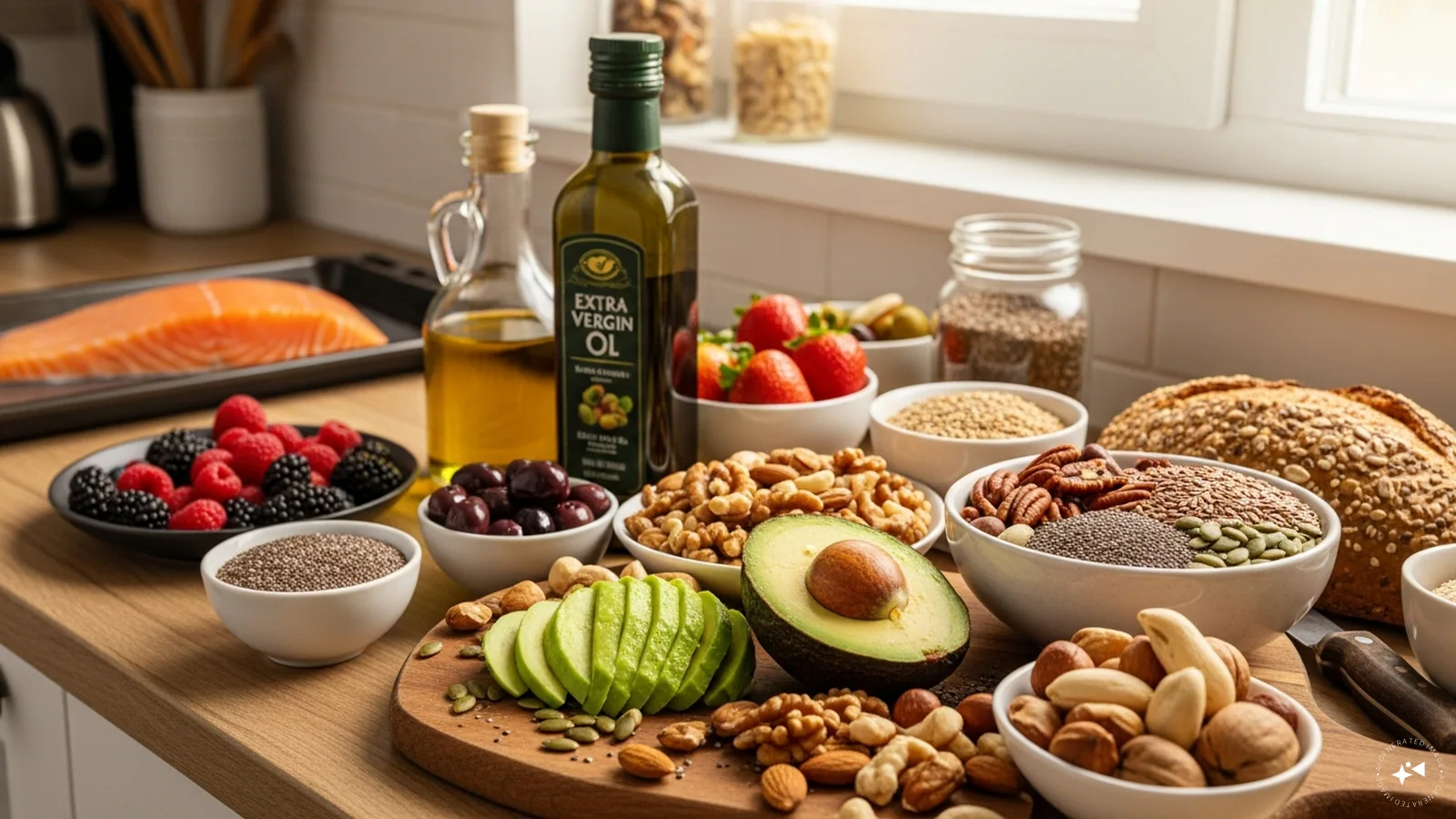Copyright news18

For decades, ‘fat’ was treated as the villain of every diet plan – especially for women battling Polycystic Ovary Syndrome (PCOS). The common wisdom was simple: eat less fat to lose weight and control hormones. But science, and smarter nutrition, have since proven otherwise. Healthy fats are not only essential for hormonal balance but also key to stabilising energy, reducing inflammation, and improving fertility outcomes in PCOS. Women with PCOS often struggle with insulin resistance, acne, mood swings, and irregular periods. What connects all these dots? Hormonal imbalance – something good fats can actually help correct. Choosing The Right Fats Dietician Vidhi Chawla, Founder of FISICO Diet and Aesthetic Clinic, explains, “For years, women with PCOS were told to cut down on fat to manage weight and hormones, but this advice has aged badly. The body needs fat to function, especially when dealing with a hormonal imbalance.” She emphasises that the right fats – omega-3 and monounsaturated fats – can reduce inflammation, improve insulin sensitivity, and even lower testosterone levels, which often rise in PCOS. “Walnuts, chia seeds, flaxseeds, and fatty fish like salmon are excellent omega-3 sources,” she notes. Likewise, avocados, olive oil, and almonds provide monounsaturated fats that stabilise blood sugar and improve cholesterol. On the other hand, trans fats and refined seed oils, which are commonly found in fried, processed, and packaged foods, are the true culprits. These worsen inflammation, trigger acne, and make insulin resistance harder to manage. The Key Lies In Measuring Fat Adding to that, Dr. Archana Batra, Dietitian and Certified Diabetes Educator, urges women to rethink how they approach fat intake. “Instead of obsessing over numbers, focus on consistency and quality,” she says. Her rule of thumb is practical: “Add a teaspoon of cold-pressed coconut or olive oil to your cooking, include a handful of nuts daily, and sprinkle seeds over salads or smoothies.” These small, sustainable habits help with satiety and hormone regulation. Many women, she notes, skip fats out of fear of weight gain, but that can backfire. “Good fats actually slow digestion, helping you feel full longer and reducing sugar cravings. They also aid the absorption of vitamins A, D, E, and K, which are crucial for skin, hair, and reproductive health.” Dr. Batra suggests around 2–3 servings of healthy fats daily – for instance, half an avocado, a teaspoon of ghee, or a few almonds. Moderation, not elimination, is the key. Balancing Hormones Starts On Your Plate A well-balanced PCOS diet should derive about 25–30 per cent of total calories from healthy fats, according to experts. This ratio supports ovulation, stabilises mood, and keeps energy consistent throughout the day. The next time you plan your meals, think beyond calorie counting. A drizzle of olive oil, a spoon of ghee, or a handful of seeds could be doing more for your hormones than any supplement. In PCOS, good fats aren’t indulgent; they’re intelligent. Because when it comes to hormone health, fat isn’t the enemy. It’s part of the cure.



